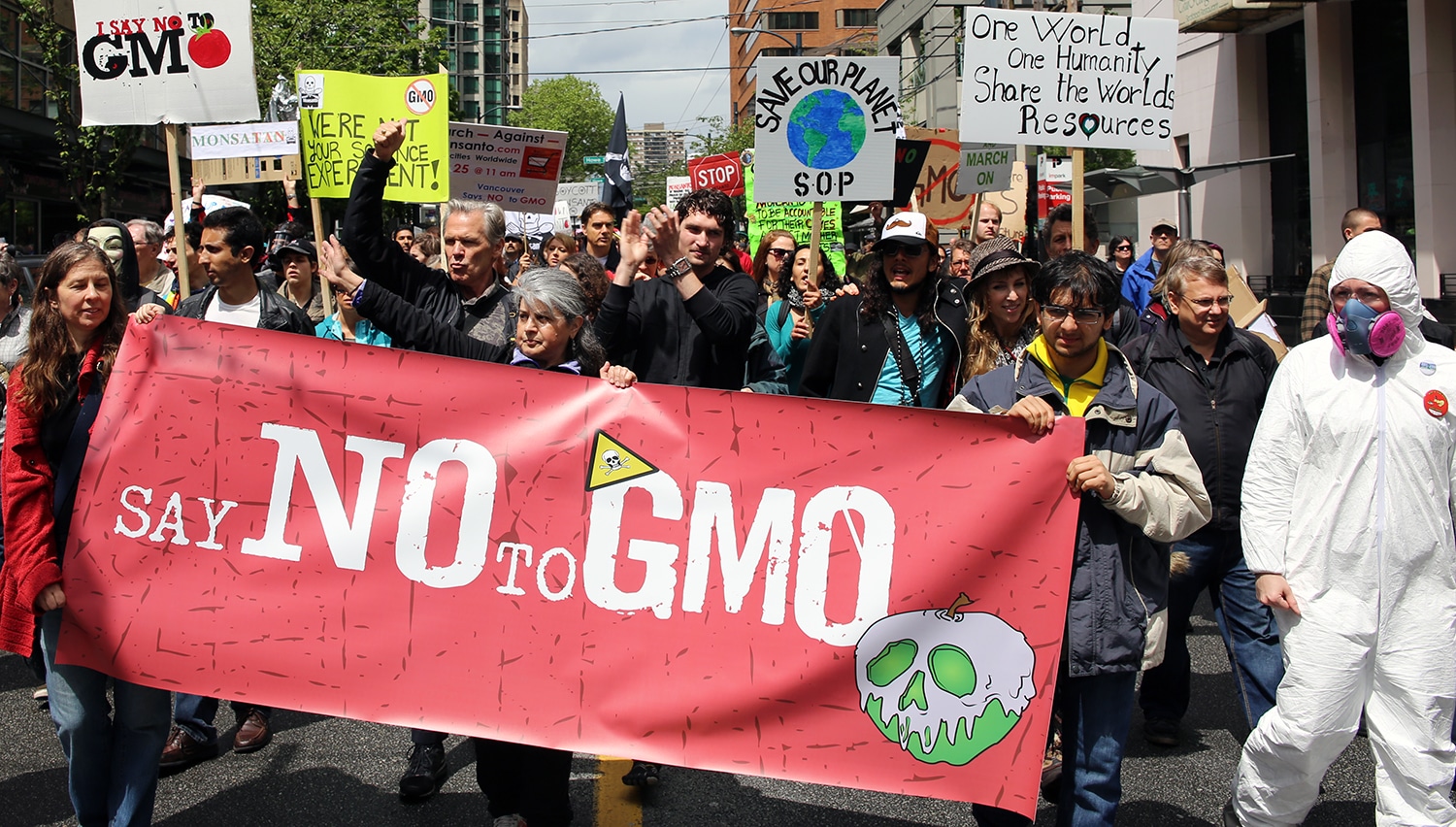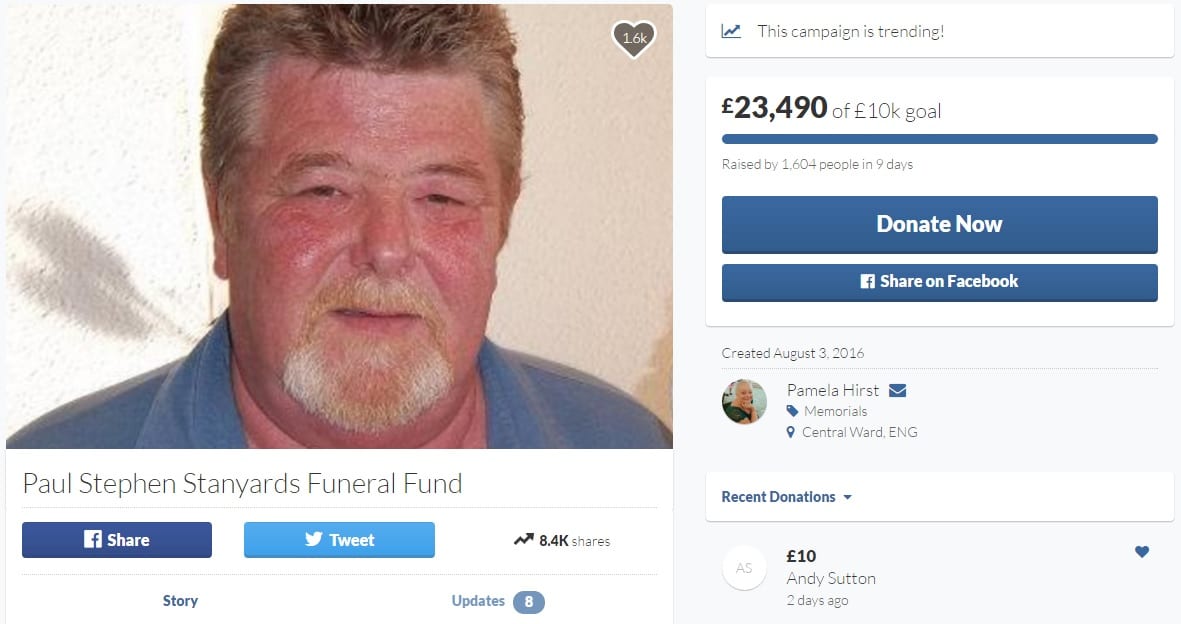According to the Oxford Dictionary, values are principles or standards of one’s behaviour; one’s judgement of what is important in life.
Principles and standards set the tone of your company, internally to your staff and externally to the public; thus, they should always get upheld.
Least to say, a break in your moral fabric could be disastrous for business and public relations.
So surely in today’s age of mass communication and the idea that good news travels fast and bad news travels faster people would be more aware of the potentially devastating consequences of not being who you say you are.
Recently the internet has seen a backlash of a company failing to practice what they preach.
Haulage firm Matthews of Great Yarmouth has bared the brunt of a public scathing after the tragic death of one of their drivers while delivering a shipment in Italy.
Published by leading newspapers and online news portals like that of the BBC, the reports describe how driver Paul Stanyard died of natural causes while on his way to catch a ferry to Greece.
According to the haulage firm, their insurance did not cover staff who were on a break, which Mr Stanyard was on at the time; therefore they have told the deceased’s family that they had to make arrangements to return the body to the UK themselves.
To make matters worse, Matthews sent another driver out to the scene to retrieve the truck.
Matters couldn’t possibly get any worse, or could they?
To fan the flames further, Matthews reportedly offered the widow and sons of Mr Stanyard £5,000 if they would not go to press or publish anything online.
Naturally, the family declined, and since the story has gone viral, the public has generated a Go Fund Me crowdsourcing campaign for the family of over £23,000.
Subsequently, Matthews has received hundreds of negative social media and Google reviews condemning them for their behaviour.
Understandably a lot of people are resentful about how their employer could treat an employee with such disregard.
However, to the company’s detriment, Matthews website describes itself as a much respected, family-owned company that has strong family values.
One would think such family values would include loyalty, care, compassion and trust to list a few. However, the acts reported are a far cry from the values they preach.
As one Facebook user pointed out, Matthews net worth, according to Company Checker, was over £4.1 million. This fact alone has exacerbated public resent alone.
Though they may have no legal duty to assist on returning Mr Stanyard’s body to the UK, as a family employer they have a moral obligation, and their choice of action or in this case inaction would amount to drinking from a poisoned chalice so far as public relations go.
Regardless of the obscure terms and conditions of an insurance agreement gave cover or not, the more humane and ‘family because of action would be to go above and beyond to assist as a company, to what is an extraordinarily challenging and traumatic time.
The haulage business got built of a close relationship network between companies and drivers alike.
This action was a catastrophic error by Matthews, and they no doubt lack the PR skills of a significant company with a limitless budget.
Surely a large corporation with global reach and billions of dollars at its disposal wouldn’t make mistakes?
Wrong again.
Introducing PepsiCo.
The company behind household brands such as Pepsi, Quakers, Tropicana, Doritos, Mountain Dew and Naked juices have been at the epicentre of an environmental controversy; palm oil exploitation.
For years PepsiCo has gotten slammed for their irresponsible palm oil policies and unethical sourcing, in effect contributing towards the persistent depletion of rain forests to grow the palm crop.
The issue of palm oil exploitation is one of the main problems challenged by pressure groups.
The anti-focus has been on depleting forests and the contribution to greenhouse gasses, obliterating habitats causing the loss of thousands of animal species, taking land from indigenous people, exploiting workers and many other aspects that have negative ramifications.
In 2015, the non-government organisation SumOfUs released the parody of the Dorito’s Superbowl commercial, entitled ‘A Cheesy Love Story – The Ad Doritos Don’t Want You To See’.
The comic ad follows the story of a love-struck couple, sharing their mutual obsession for the crisp snack.
As they go through their romantic journey, the climax follows their wedding in the form of two air tickets to honeymoon in the unlikeliest of places, the beginning of their favourite snack, which takes them to the depths of the forest to show a cataclysmic scene of forest clearance and burning, the actuality of palm oil.
This year the counter-commercial was followed by a retro-style ‘Crystal Pepsi – The Ad They Don’t Want You To See’, this time mocking the sexy image the company portrays with the grim reality of palm oil.
In response to the issues faced by palm oil, several companies, including PepsiCo announced ‘responsible commitments’ promising to source from certified producers under RSPO (Roundtable on Sustainable Palm Oil) by 2020.
This initiation got made in 2014.
However, their company policies have been condemned by RAN (Rainforest Action Network) for amounting to ‘lip service’.
The issue is that according to the NGO, PepsiCo’s palm oil supply lacks transparency, something that is necessary under RSPO certification.
The company’s supply chain is also vast, and their new policies are said to not apply to each stage of the chain, nor each of their brands.
In essence, PepsiCo’s policies are more to appease concerns for publicity’s sake.
Their company values and practices statement Performance with Purpose is mainly about leaving a positive impact on society and the environment.
Among their principles, PepsiCo states they only sell products they are proud of, and that care is at the centre of their corporate structure, for the customers, consumers and the world we live in.
While this sounds great in principle, ingredients like palm oil, high amounts of sugar and the controversial aspartame would never have been used in any of their products in the first place.
Also their palm oil commitment states they’d be ‘transparent’ at ‘the mill’ stage by 2016.
This information confirms the Rainforest Action Networks doubt over the company’s intent to change its ways.
The sad truth is that companies like PepsiCo could be the saviour our beautiful planet so desperately needs, to help heal the wounds of malpractice that has scarred our environment and society.
Regardless of shareholders and profit margins, companies and brands have a responsibility to be beacons of positive change if they are to play a part in tomorrow’s world.
For the evidence suggests there is one voice that speaks ten times louder, and that is the people.
Whether it’s sharing images through Instagram, uploading videos to Youtube, writing blogs, Facebook posts or WhatsApp messages, a word could spread quicker than one could blink.
What people today demand is honesty, truth and integrity.
While these may sound great buzzwords for the values page on a website or a brochure, they must be genuine and expressed in every action, public and private.
Hence, the moral of the story is practice what you preach or in the words of the late Johnny Cash, walk the line.






